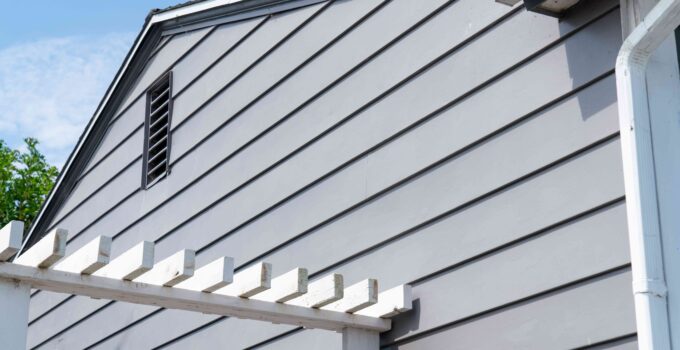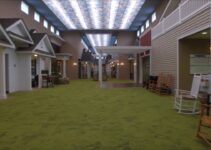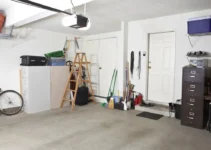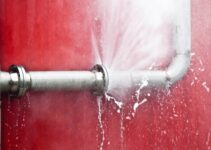Siding plays a significant role in your home’s safety. Durability, and resale value, though most homeowners ignore it until its damage is irreversible. Siding is crucial in safeguarding your premises from extreme heat and cold, among other conditions.
Siding is the first defense line in your property against pests and bad weather, which is why you should always ensure it is in the best state. Replacing a damaged or old siding might seem daunting, but it is key as it prevents further expenses.
Below we discuss the top signs that indicate your siding needs replacement. Check out Rümi for more details.
Mildew or Indoor Mild
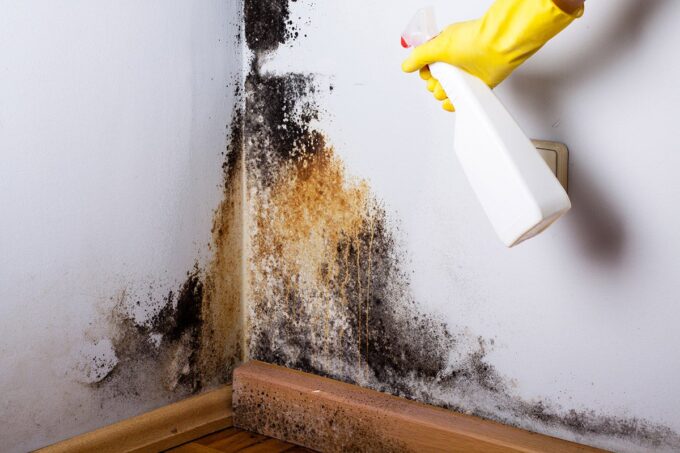
Source: bobvila.com
Mildew and mold do well in moist areas and should be checked immediately. Fortunately, homeowners can eliminate mold alone, but siding experts have the right skills to mitigate the concern.
Homeowners should replace their siding if mildew or mold is visible on the premises. Water presence in the ceiling or walls suggests mold presence, and you should correct it immediately. Homeowners can easily detect a siding issue if the tiles have fungus or mold.
Blistering or Bubbling Siding
Bubbling or blisters beneath your siding indicate water has accumulated in the siding, thus suggesting a moisture concern. The main function of a siding is to keep water from your house, so slight moisture shows it needs replacement.
Another sign of faulty siding is when it begins rotting or cracking. Homeowners should always look for cracks, which could show a significant problem in the siding. Siding professionals are easy to access; you should call them whenever you detect this problem.
Faded Siding
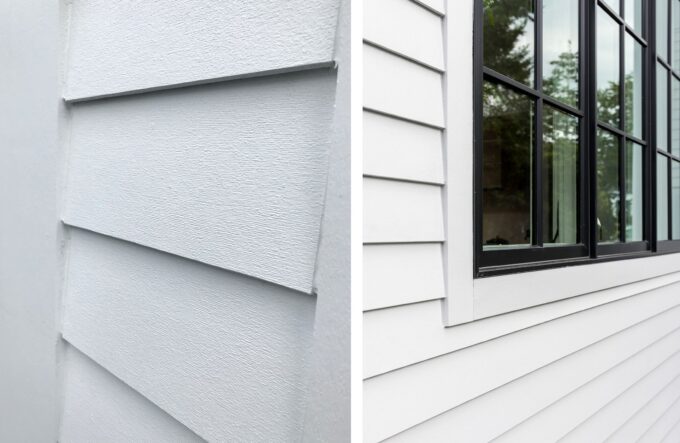
Source: thisoldhouse.com
Another major sign of faulty siding is when it fades. A faded siding should be addressed immediately, as it suggests your property is at risk of unwanted moisture.
Homeowners should immediately consider calling a professional if their siding starts losing color repair or replace it.
High Energy Bills
Your siding might be faulty if you experience energy bills exceeding normal. Remember, the main function of siding is to insulate your house. Therefore, a high energy bill signifies that your siding’s ability to regulate indoor temperatures is diminishing.
The main cause of high energy bills is a damaged or old ceiling, and you should reach out to a professional immediately. Remember, most houses require painting after around ten years, and you should check the siding if you do it more often.
Chipping or peeling paint indicates that your siding needs repair, and you can consider a long-lasting color for long-lasting results.
Why You Should Replace Your Siding?
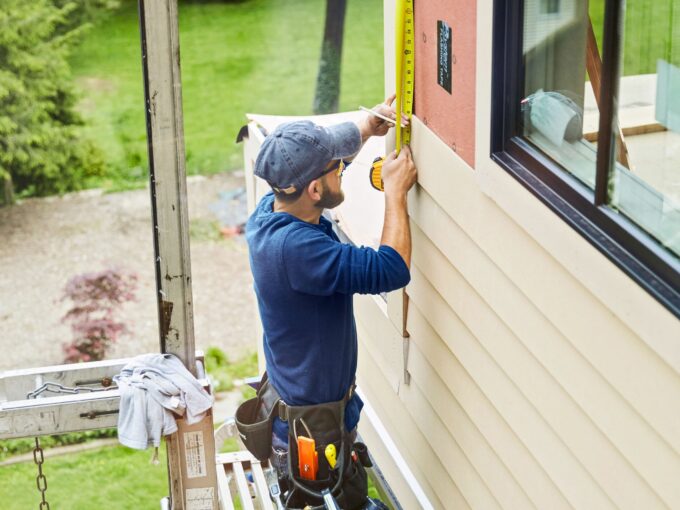
Source: thisoldhouse.com
A siding replacement is encouraged if yours is damaged or outdated. A normal siding lasts around five to ten years but requires certain maintenance. Replacing faulty siding has many benefits, even though most people avoid it until it is too late.
Replacing the siding might be expensive up front, but it saves you much later. Good siding keeps your home free from damage, and below we discuss the top benefits of replacing it.
1. Safeguards Your Property from Structural Damage
The main highlight of having good siding is it protects your home from structural damage. Renowned contractors examine your property for structural damage signs, ensuring all issues are detected at the initial stages.
For instance, wall cracks can let rainwater pass through your home structure, thus causing mold and mildew. However, new siding protects your home from severe weather like hurricanes and thunderstorms.
2. Improves Your Home’s Appeal
Homeowners opt to replace their siding mainly to enhance the general home appeal. Homeowners should consider changing their siding if it shows aging signs that cannot be rectified by minor repairs.
Upgrading your siding will make your property stand out from the neighbors and make it easy to find a customer when selling.
3. Makes Your Property Energy-Efficient
As stated above, you might witness a significant rise in your power bills if there are cracks or openings in your window siding. Most homeowners are surprised by how low their energy bills get after replacing the siding, and you can enjoy this by contacting a renowned expert.
These professionals know how different sidings affect a property’s energy efficiency; for example, light-colored units lower energy usage than others.
4. Reduced Number of Paint Intervals
Homeowners paint their property more often when the siding shows damage signs. However, this is not the case if you have a high-quality unit. Depending on your preferred siding, you should only paint your home after six to seven years after replacing it.
5. Increased Resale Value
The main highlight of replacing your siding is to improve your home’s value. Research has shown that houses with perfect siding give owners a resale value of up to 80%, thus making them an ideal investment. A new siding also improves your home’s general appeal, thus making it easy to sell.
6. Detects Issues Before They Become Worse
Certain homes experience characteristics that make them more prone to mold and leaking water. These issues can cause significant damage to your property when left unattended.
Having siding experts conduct frequent check-ups is crucial, as they detect these issues during their initial stage, thus solving them before they escalate.
7. House Siding Options
House siding is available in different options, and you should choose one depending on your preferences. The main options include the following;
8. Vinyl Siding
Vinyl siding is the most durable material and is among the cheapest options. Even though old vinyl has an unpopular look, it is highly durable and perfect for places with adverse weather.
9. Fiber Cement Siding
Fiber siding is luxurious and more expensive than others. This is among the most in-demand options due to its longevity and unique features.
10. Composite Siding
Composite siding provides a luxury vibe and is common for its functionality. These sidings are not commonly used but have a long lifespan.
Final Thoughts
The siding is an important part of your house and needs frequent maintenance to stay in the best state. The above article has discussed everything you need to know about sidings, and you can reach out for more.

